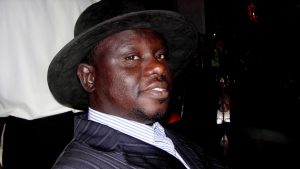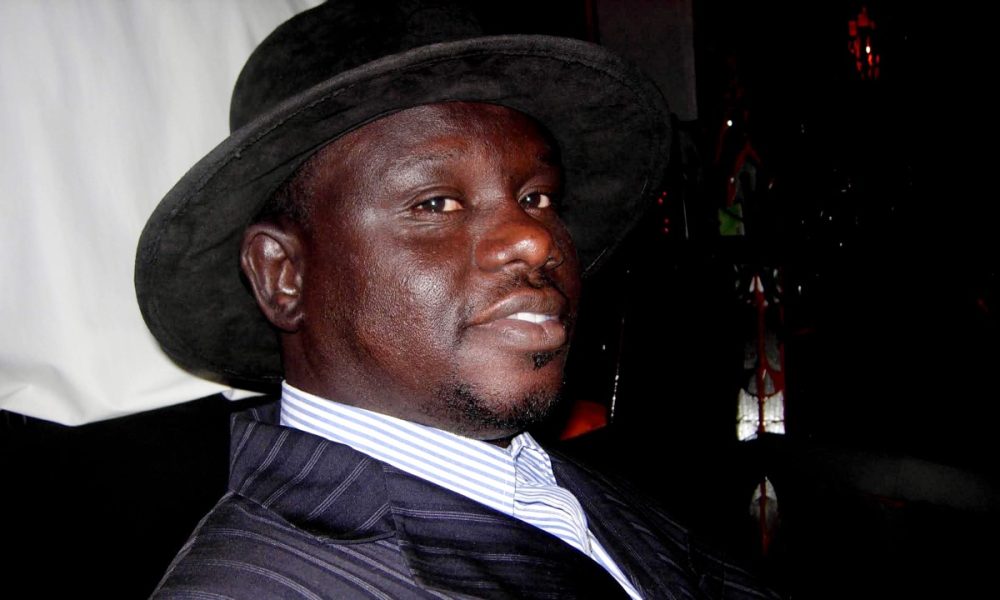President Jefferson in his letter to Edward Carrington on January 16, 1787 on the importance of a free press to keep governments in check, said “If I had to choose between a government without a newspaper and newspaper without a government, I should not hesitate to choose the latter”. America, like Sweden, had recognised the importance of journalism very early in their political history and this partly explains why they are where they are today.
Journalism, as a profession and a public good, has the potential to build social trust, protect and promote human rights, expose corruption, support economic performance and sustainable development as well as defending environmental rights.
It is in this regard that every country especially in the developing world should support journalism and The Gambia should not be an exception. The investigative report of journalist Mustapha K. Darboe on the sale of the looted properties of former president Yahya Jammeh, has repositioned Gambian journalism for good.
Since October 1988, when journalist Sanna Ticks Manneh with his Touch Newspaper, touched and rattled the cage of the Sir Dawda Government by making damning revelations on a financial scandal at the Gambia Commercial and Development Bank (GCDB) which eventually resulted in the sacking of at least four ministers, The Gambia as a nation has not seen any form of reporting of such magnitude exposing corruption at the national level, until journalist Mustapha K. Darboe rattled and dismantled the cage of the corrupt Barrow government with the Republic’s investigative report on“ The Assets of Gambia’s former Dictator go for a song”.
The Gambia as a nation has every right to celebrate journalism and Comrade Mustapha K. Darboe in particular should be highly commended for an exceptional piece of investigative reporting that will be echoed and re-echoed in Gambian journalism classes for generations to come. Democracy cannot thrive without a free, robust and independent media. Freedom, independence and diversity are exceptional conditions that empower the media and journalists in particular to perform their watchdog role and ensure that governments are held to account.
Corruption is a cancer that should be nipped in the bud by any serious government that has the interest of its citizens as a top priority. The systematic corruption of the Barrow government has deprived a significant number of the citizens from enjoying basic amenities like water and electricity and condemning citizens to death from minor illnesses simply because our major hospitals have been degraded to mere consulting clinics. In most instances, corruption at the highest level of the state hardly comes to the limelight, and remain unaddressed, because governments have the potential with their wicked manoeuvres and lying and disrespectful “human machine” ministers to divert the people’s attention or to hide crucial information from the public just like the Barrow Government had done with the sale of Jammeh looted goods for eight years. Thanks to journalism, what had been hidden from the wise and the prudent is now being revealed to the babes and the suckling. The Youth Revolution is born.
The Gambia must stand up for journalism and more so for investigative journalists like Comrade M.K. Darboe, who for almost two years has been toiling day and night to bring to light the greatest financial scandal in Gambia’s political history. Investigative journalism has a positive influence on democratic norms, civil society participation in governance and corporate accountability. Investigative journalism carries under its armpits the ammunition and all necessary arsenal to bring to account unethical people, organised gangsters, extortionists, human smugglers and the merchants of death that are continuously luring our youths to take the backway.

Investigative journalism benefits every citizen as it exposes the skeletons hidden in government’s most sacred places and thus needs the support of the public most especially citizens that hold vital information that the government wants to hide by all means. Without this form of public support there will surely be a drought of essential information that is needed to expose corruption at the highest levels in the state. Without public participation in supporting journalism and investigative journalism in particular, democratic principles will be eroded, as most governments lack the political will to fight corruption. Corruption has no place in a democratic society.
Our only security against organised and endemic corruption is good journalism. Good journalism that exposes corruption and gross human rights abuses while protecting and promoting the fundamental human rights of every citizen. Journalism is a sine qua non to combat corruption and bad governance, while enhancing the citizen’s right to know by providing information that will help them to make critical decisions. Journalism is the lifeblood of democracy, good governance and the rule of law.
President Adama Barrow, Journalist Comrade Mustapha Swandi K. Darboe deserves a national award of the highest order and please consider this.





